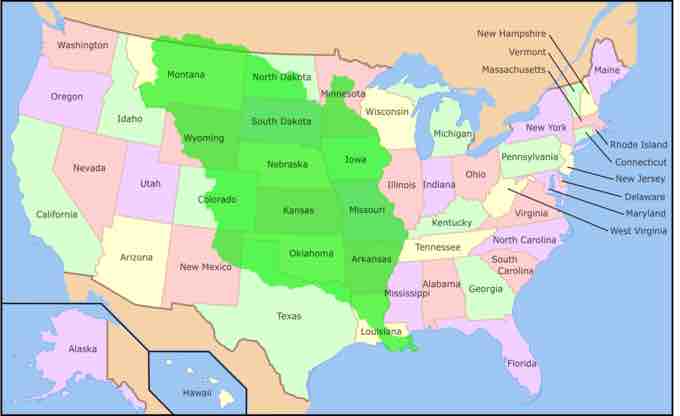Inherent Powers
Inherent powers are those powers that a sovereign state holds. In the United States, the President derives these powers from the loosely worded statements in the Constitution that "the executive Power shall be vested in a President" and that the President should "take care that the laws be faithfully executed"; defined through practice rather than through constitutional or statutory law. In other words, Inherent powers are assumed powers of the president not specifically listed in the Constitution. Inherent powers come from the president's role as chief executive.
The first three presidents, Washington, Adams, and Jefferson established their importance in different ways. First, Washington helped to establish them in the first place, when he wanted to use them as a basis for proclaiming a policy of strict neutrality when the British and French were at war. Then, due to Adams poor leadership skills, the Federalists and Anti-Federalists divisions were heightened and the development of political parties was quickened. Finally, Jefferson used the party system to cement strong ties with Congress and expanded the role of the president in the legislative process. He used the inherent powers to justify the Louisiana Purchase in 1803 which dramatically increased the size of our nation.

Louisiana Purchase
The Louisiana Purchase of 1803 increased the geographical size of the United States significantly.
The question of presidential power is complicated by a key omission in certain Constitutional sentences' language. As opposed to Article 1, which states that Congress is vested with the legislative powers "herein granted," Article 2 does not use that language. It says all executive power is vested in the president. Supporters of the unitary executive theory argue that this means that the president's power, particularly the inherent power that come with being commander in chief, are open ended and cannot be checked by the other two branches.